Latest Blogs
Informations from BOSCO
Unlearning Education: The Digital Aftermath of a Pandemic
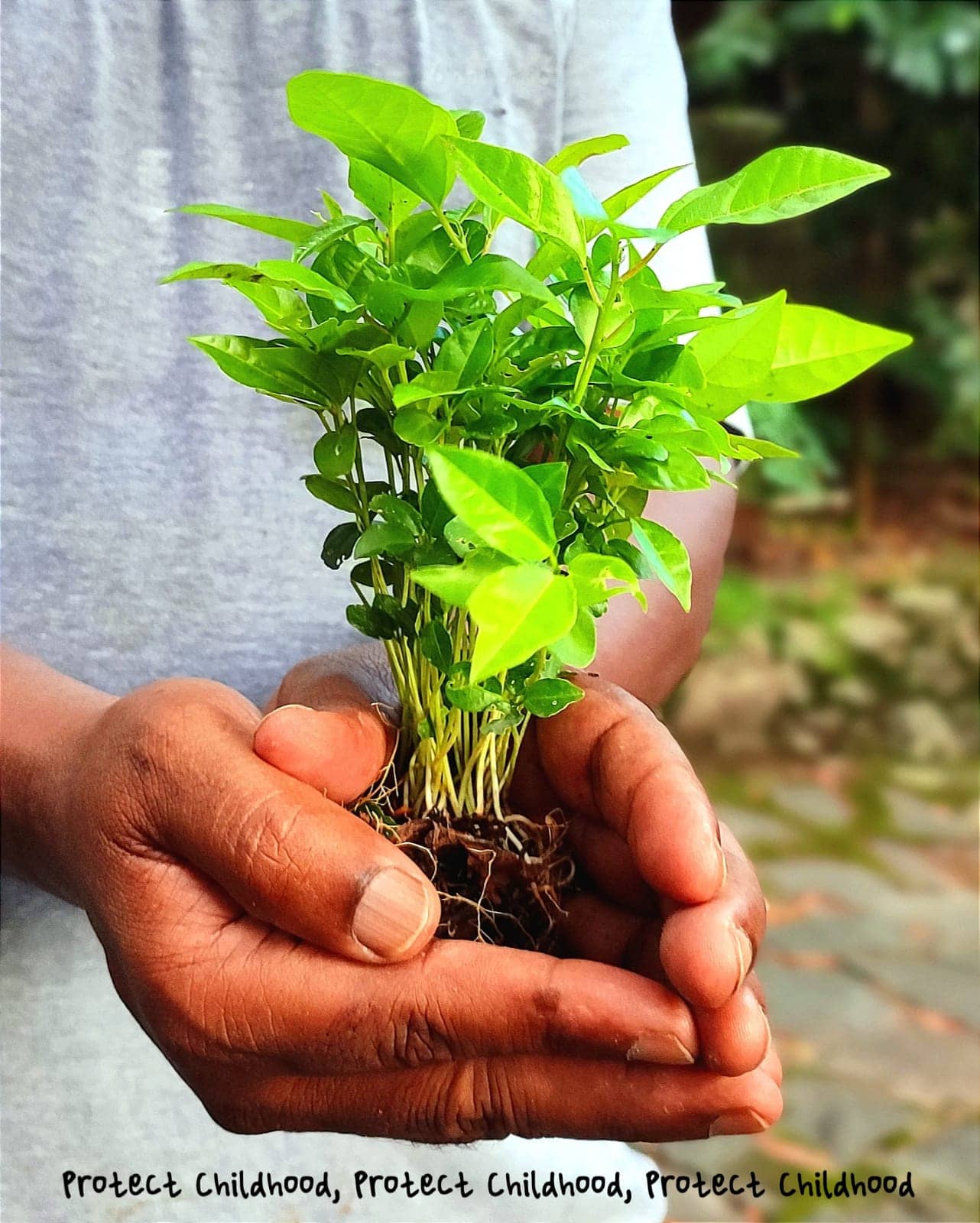
BOSCO
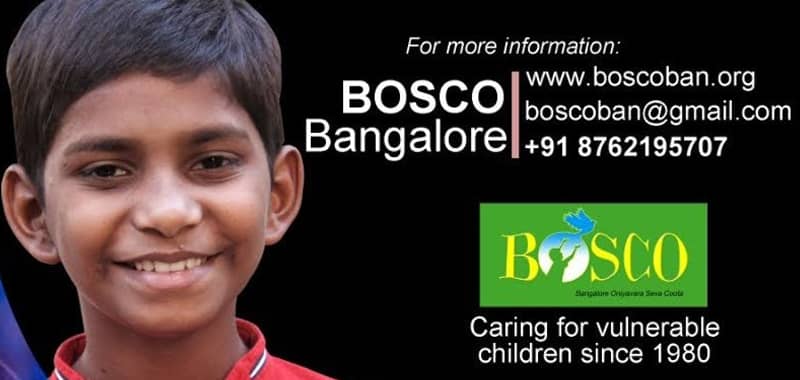
India has always been a land steeped in deep contrasts, with sizeable divides between the different echelons of society. The past year and the pandemic has created one more divide in its ranks – a divide in educational access. The pandemic forced an entire generation of children out of classrooms and onto digital platforms. But in a country where only a quarter of households have access to the internet, this has created huge differences in access to education and the learning trajectories of children across the country.
According to a survey conducted by Oxfam India across five Indian states, over 80 per cent children enrolled in government schools did not receive any form of education since the lockdown period, while only 20 per cent teachers of government schools were trained for delivering classes online. The study survey conducted across private and government schools in Bihar, Chhattisgarh, Jharkhand, Odisha and Uttar Pradesh points out that the absence of internet connectivity, inability to afford data connections and slow internet speed had created hurdles in online learning. Not having the right device to access online education, and not having the devices required to deliver education online were also cited by parents and teachers as blockers to accessing online education.
Many other factors like the efficiency of the online learning programs in different states, the education and awareness levels of parents, dissimilarities in the ease of access to learning materials between private and government schools etc., have all affected the quality of education received by children. But the real danger lies in this lack of access to education triggering a lack of interest in studies, causing children to not return to school even when classes resume. Keeping children connected with education at some level till schools reopen is key to avoid an increase in dropouts, child labour, trafficking, and early marriages. Initiatives like BOSCO’s ‘Namma Shale’ – informal classes for children of slum dwellers, conducted by the older children for the younger children under the guidance of BOSCO staff and community members – are efforts that can be emulated to help children keep in touch with learning till normalcy returns.
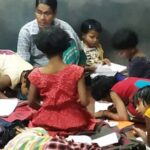

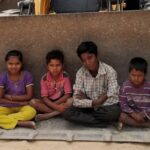








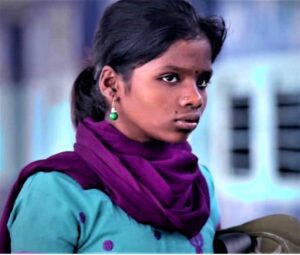

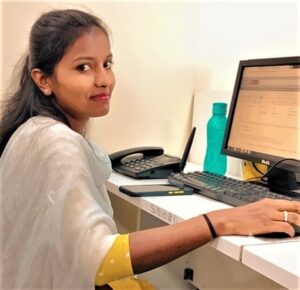
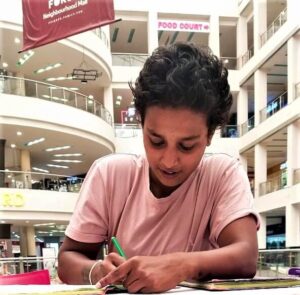

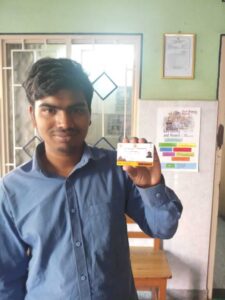







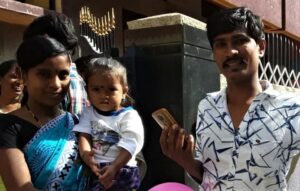


Leave a Reply